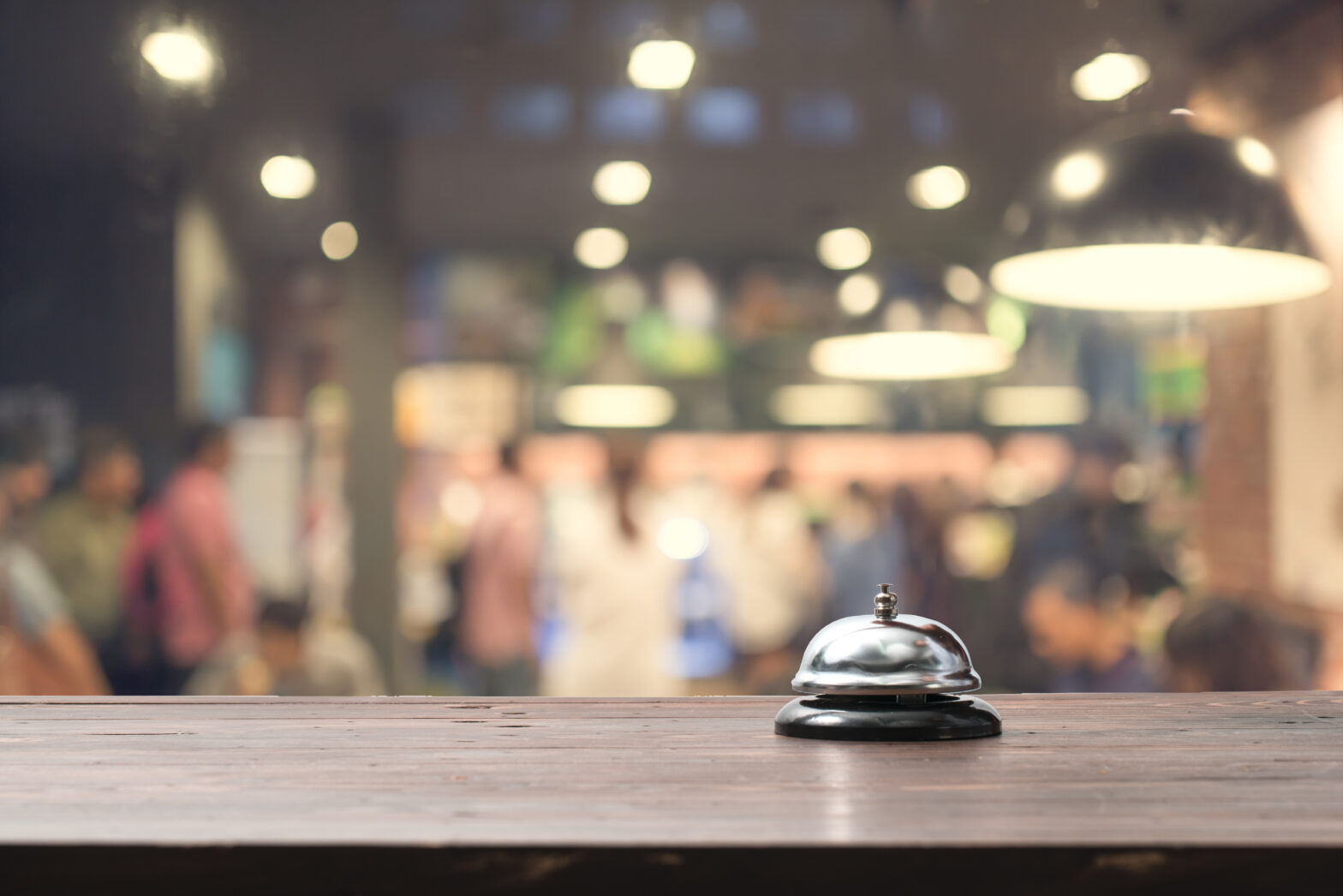Have you ever sent out a tweet or written a Facebook status about a restaurant to showcase your satisfaction or complaints? When was the last time you “checked in” to the hotel at which you were staying on social media? Have you ever noticed how the advertising that pops up throughout your feed is related to some of these interactions? That’s because, for everything you do online or via social media, data is aggregated and stored, just waiting to be analysed by companies trying to figure out the best way to market to their customers—people like you.
The problem, though, is that businesses aren’t taking full advantage of this data.
>See also: Hospitality technology: how efficient is too efficient?
According to a recent survey, IT executives’ top business priority for 2017 is using data to understand their customers better. However, only 61% of consumers feel brands are actually meeting their needs. The research also shows that less than 50% of the companies surveyed are using tools to analyse and implement social media data.
Bye, bye, better business bureau – Twitter is now taking complaints
In the digital age, people most frequently take to Twitter, Facebook, Instagram and Yelp to discuss their customer experiences. This provides an easy way for businesses to actively get involved with their customers in real-time to create a relationship.
One example of how this this type of customer engagement is being done really well can be seen at Air France-KLM. This international airline conglomerate set clearly defined social media guidelines to increase customer service and transparency. By designating “wait times” for responses and using algorithms to tier the type of request, the company can better serve its customers using the channels that best suit them.
Using a data management system, Air France has created a complete 360-degree customer view of each of its 90M+ customers, integrating data from trip searches, bookings, and flight operations, with web, social media, call centre, and airport lounge interactions. The result is what Air France refers to as ‘made-just-for-me’ travel experiences.
>See also: The UK’s top 50 data leaders 2017
Similarly, TUI Group, one of the leading tourism companies in the world, is gaining a holistic view of their customers’ lifetime of travel experiences to understand them better and provide a much more personalised travel experience for each customer.
To continue using data to customise individual experiences, the company plans to begin integrating social media data into its tools – showing the importance of social media to provide memorable customer experiences.
Deriving actionable answers from the chaos
Social media isn’t just about responding directly to customer requests and complaints in real-time; it also constitutes the largest source of unstructured data. Every activity performed on social media is stored on servers for future data mining.
This allows businesses the opportunity to analyse that information for insight on how to best tailor marketing efforts, overall customer engagement or services to specific customer needs. Companies can take advantage of this information by:
• Making personalised offers: Social media gives marketers access to specific information about the consumers they are targeting (i.e. age, gender, marital status, hobbies, social demographic, etc.). Marketers can then leverage this information to make personalised offers that directly align with the customer’s preferences and dramatically increase the likelihood that the customer will make a purchase.
>See also: The value of artificial intelligence in business
• Use the insight to improve customer experience and marketing: Some companies, like Lenovo, have an analytics dashboard that enables them to pick up on customer sentiment on social media, thus improving customer experience and marketing. When Lenovo zeroed in on social listening data related to their brand, in particular they found that 97% of what was out there was irrelevant to them, but the other 3% was incredibly valuable. Figuring out how to extract that 3% meant getting closer to understanding customer sentiment, making it worth the effort.
• Use customer service feedback to inform product innovation: Consumers often take to social media to divulge their experiences. This direct and personal feedback — good and bad — is valuable data that you can utilise to improve your product or service, thus enhancing your customer’s experience.
Social media provides a huge opportunity for the hospitality industry to learn more about and interact with their customers. Analysing the big data available could help enhance the customer experience and get a better 360-degree view of their target consumer, all while building lasting brand relationships and increasing positive share of voice on social media.
Sourced by Ashley Stirrup, CMO, Talend
The Women in IT Awards is the technology world’s most prominent and influential diversity program. On 22 March 2018, the event will come to the US for the first time, taking place in one of the world’s most prominent business cities: New York. Nominations are now open for the Women in IT USA Awards 2018. Click here to nominate







